Kremlin blasts Britain's plan to increase nuclear weapons stockpile
The Kremlin has regretted a recent decision by the United Kingdom to increase its nuclear warhead stockpile by more than 40 percent.
“We are very sorry that the UK has chosen this path of increasing nuclear warheads. This decision harms international stability and strategic security,” Kremlin spokesman Dmitry Peskov told reporters on Wednesday.
“The presence of nuclear warheads is what threatens peace throughout the world,” he added.
The remarks come a day after British Prime Minister Boris Johnson said that his country would increase its nuclear warhead stockpile by more than 40 percent to ensure its security in what he described as a riskier global environment and amid technological threats.
Johnson also announced that the UK will build more nuclear weapons and will expand its presence in the high-tech realms of space and cyberspace to tackle security challenges posed by Russia and China.
Russia's relations with the West are at their lowest point since the Cold War due to difference over a range of issues.
A recent British report, titled “Global Britain in a Competitive Age,” reserves its most significant criticisms for Russia.
“Russia will remain the most acute direct threat to the UK,” the 116-page report says at one point.
“Russia is the most acute threat in the region and we will work with NATO Allies to ensure a united Western response, combining military, intelligence and diplomatic efforts,” it says, pledging to work within the alliance to “deter nuclear, conventional and hybrid threats to our security, particularly from Russia.”
The assessment also identifies China as “the biggest state-based threat to the UK's economic security.”
“China's increasing power and international assertiveness is likely to be the most significant geopolitical factor of the 2020s,” the review says.
The document reaffirms the UK's defense and economic partnerships with the US, and it makes a strong commitment to the NATO alliance but pledges to expand Britain's role worldwide, recognizing a tilt toward the Indo-Pacifc in the coming decade.
London had previously been reducing its nuclear weapons stockpile, and in 2010, the government set a cap of 180 warheads for the mid-2020 period. Johnson scrapped the earlier limit and said the number would now rise to a maximum of 260.
To accomplish its goals, the British government wants to increase defense spending by USD 33.3 billion (£24 billion) over the next four years, a large increase on the £42.2 billion it spent in 2019-2020.
The development has prompted British campaigners to slam the UK government’s plan to increase the country’s nuclear weapons stockpile, which they said was a violation of international law.
The planned increase also drew criticism from Labour leader Keir Starmer, who accused the Tory government of having a worldwide reputation for breaking international law.
Scottish National Party Defense spokesperson, Stewart McDonald, also censured the planned increase as nothing short of abhorrent.
In a tweet on Tuesday, Iranian Foreign Minister Mohammad Javad Zarif also lambasted the British premiership’s “utter hypocrisy” over its accusatory remarks about Tehran’s peaceful nuclear program.
Zarif censured UK’s hypocritical behavior and said Johnson is “concerned about Iran developing a viable nuclear weapon on the very same day he announces his country will increase its stockpile of nukes.”
The rebuke came after Johnson accused the Islamic Republic of trying to acquire a nuclear weapon while simultaneously defending his government’s plan to increase Britain’s stockpile of nuclear weapons.
Iran has time and again rejected as baseless the West’s claims that it is seeking a nuclear weapon. Such allegations also run counter to numerous reports by the International Atomic Energy Agency (IAEA), the United Nations nuclear watchdog, that have on numerous occasions verified the peaceful nature of Iran’s nuclear program.
The IAEA has carried out intense inspections of Iran's nuclear sites over the past several years.
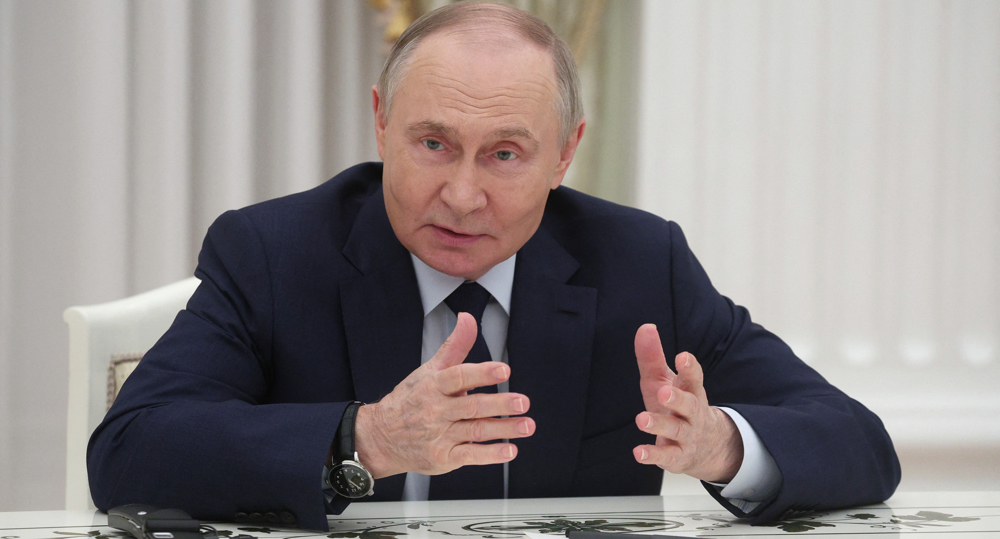
Russia's President Putin ratifies bill for strategic partnership with Iran
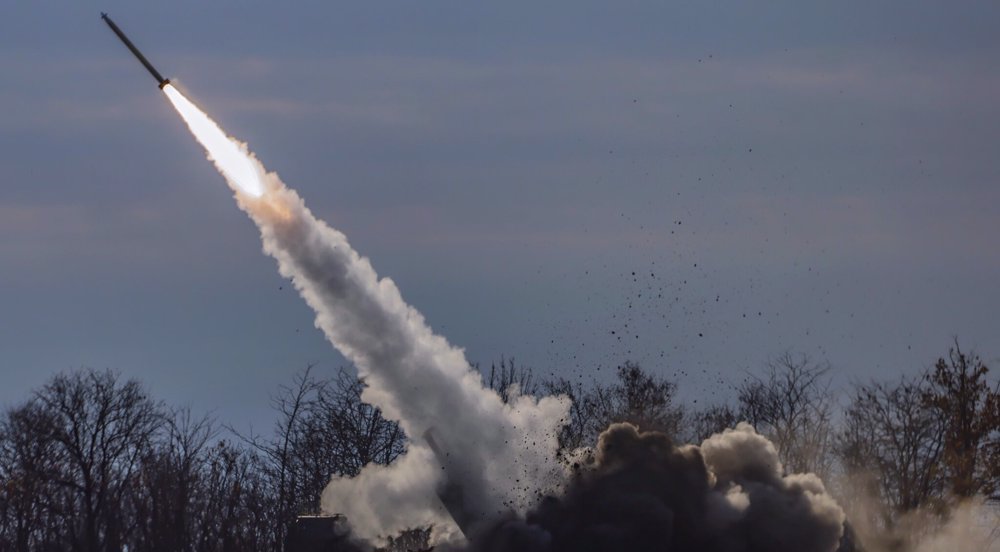
Russia: Ukraine violated Easter ceasefire using US-made weapons
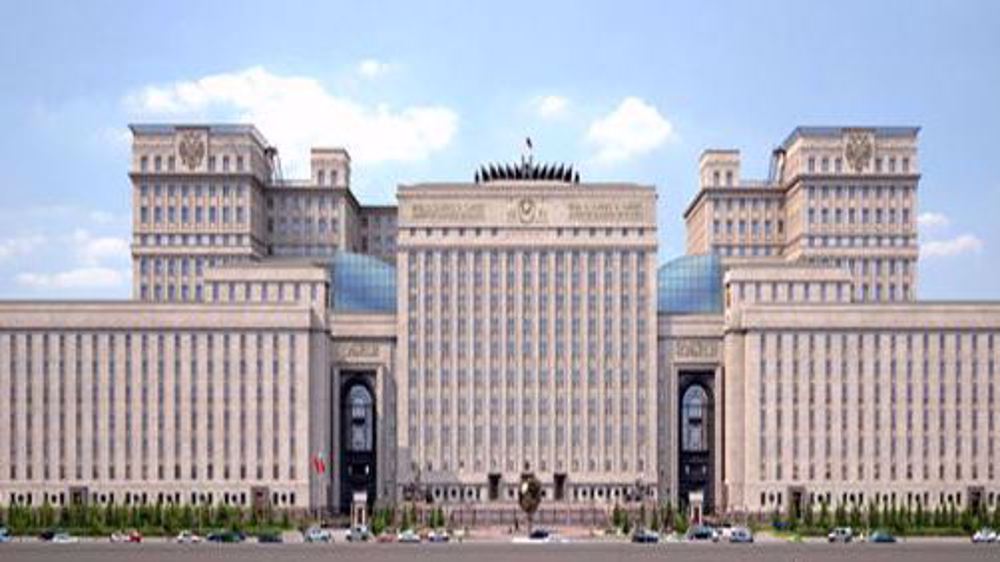
Russia says Ukraine violated Easter ceasefire over 1000 times
Netanyahu’s anger source of joy for us: Ansarullah
Iran, China working resolutely to safeguard mutual interests: Tehran says as FM departs for Beijing
Yemen asserts enhanced military readiness; takes US aircraft carriers under firepower
VIDEO | Iran seeks foreign investment to boost oil, gas sectors
Iran condemns terror attack in India's Kashmir region
After second Signalgate scandal, Democrats call for Hegseth’s resignation
Mahmoud Khalil missed son's birth after US officials denied temporary release
Iran’s annual inflation up 0.7% to 33.2% in April: SCI


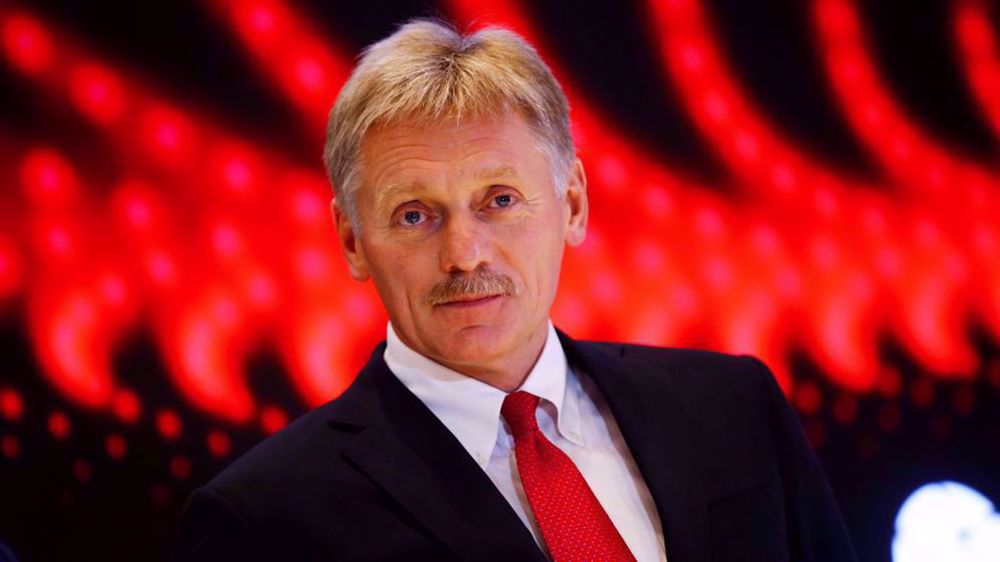



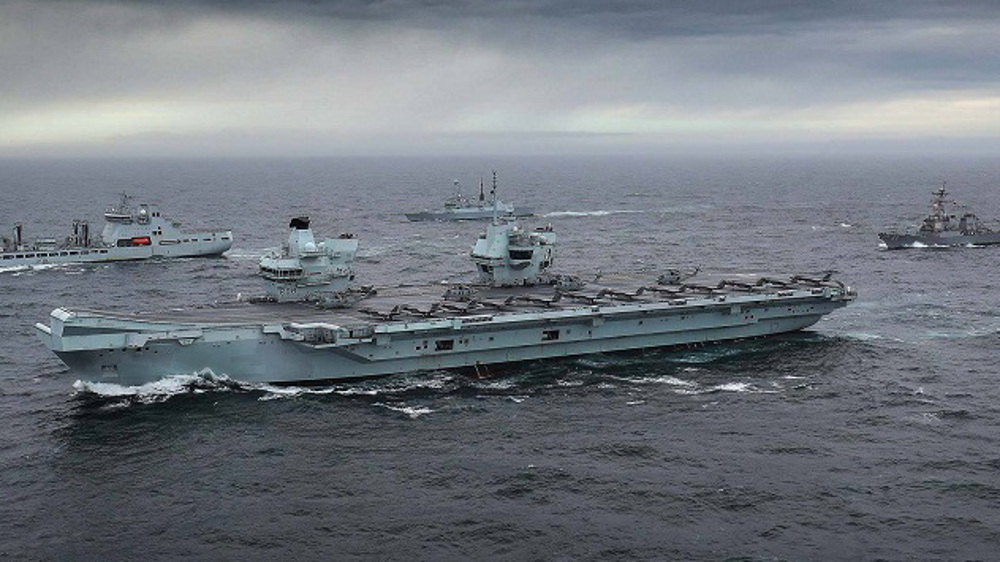
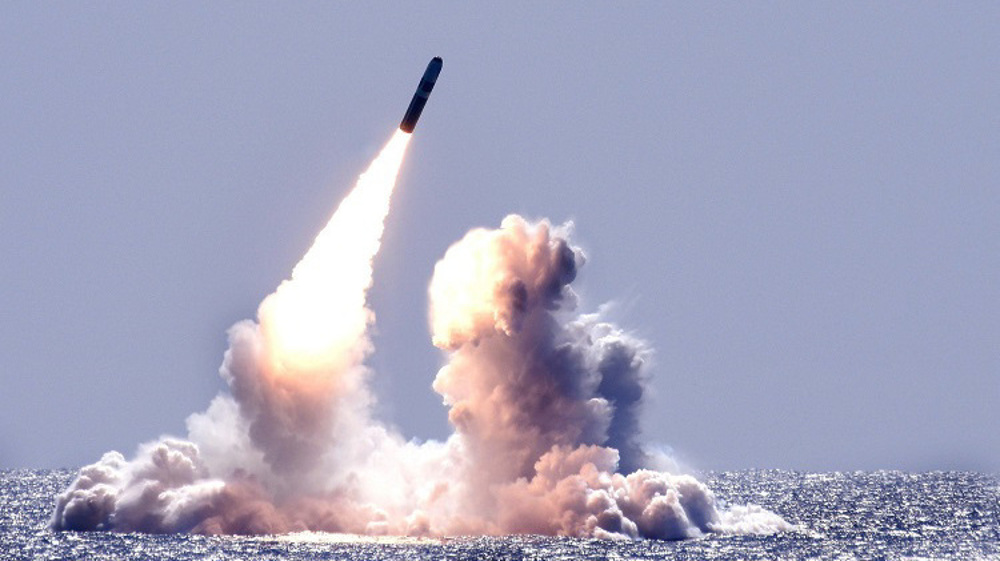

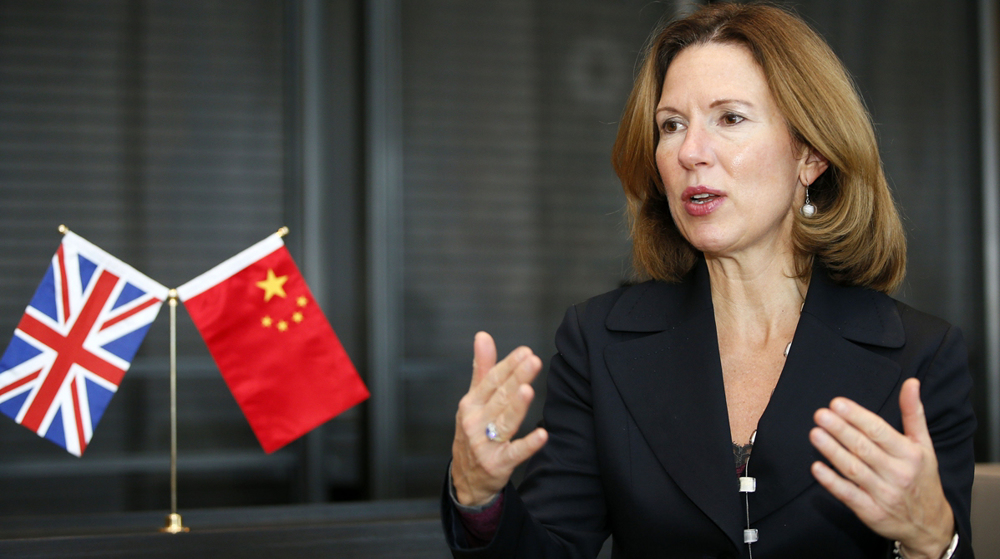
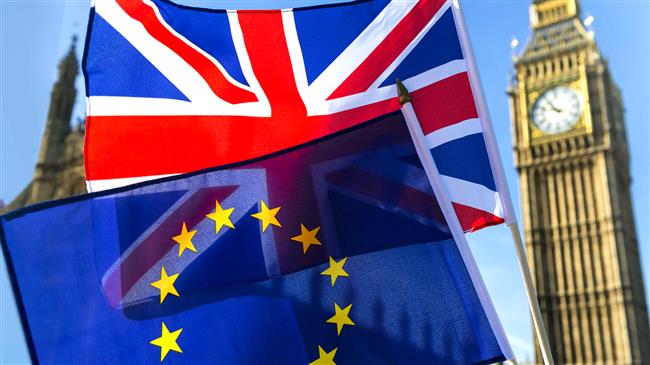
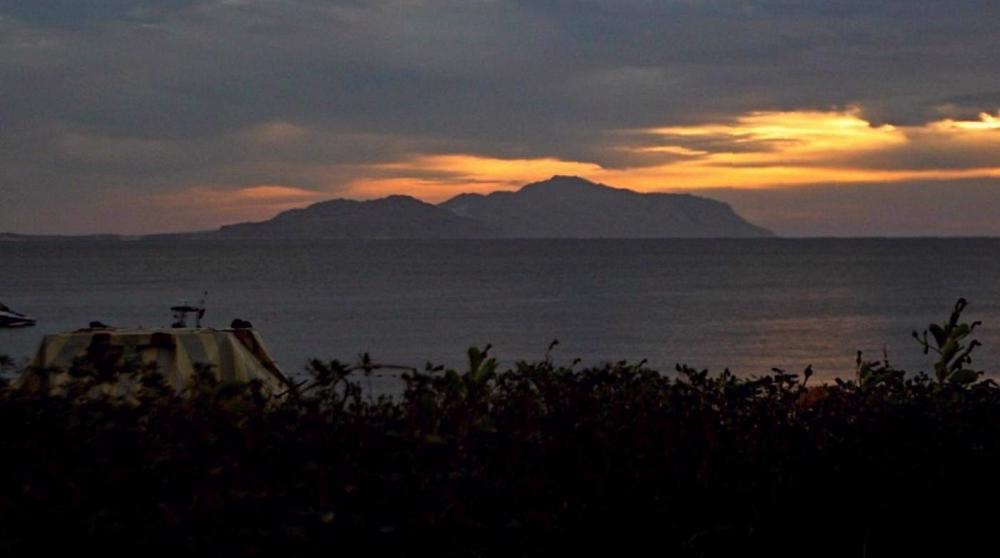


 This makes it easy to access the Press TV website
This makes it easy to access the Press TV website